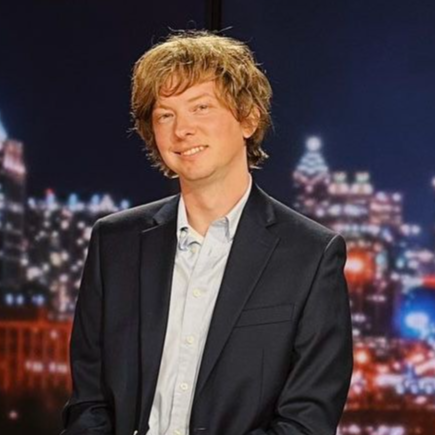Braves standing by Johan Camargo through struggles
The Braves are standing by Johan Camargo through his immense struggles at the plate and in the field, a decision almost made necessary because of the team’s circumstances.
Camargo, the utilityman who burst onto the scene in 2017, hasn’t adjusted to a non-regular role. He started at third base for most of last season, enduring a difficult postseason series (0-for-15) before he was supplanted by marquee free-agent signing Josh Donaldson.
When Donaldson signed, the Braves insisted Camargo was a key piece of their plan. They envisioned him playing regularly, spelling starters on days off and strengthening a bench that proved weak in the postseason.
It was a tantalizing thought. Camargo appeared valuable in the Marwin Gonzalez-mold, able to man nearly every position while providing solid offense. He even worked in the outfield over the winter, expanding his resume.
Now it’s August, and the Braves’ plan hasn’t materialized largely because of Camargo’s performance. His offense and defense have dipped from past seasons. When shortstop Dansby Swanson went down with an injured heel three weeks ago, Camargo had an opportunity. He’s yet to do anything with it.
In 17 games since Swanson’s injury, Camargo has hit .158 (9-for-57) with a .250 on-base percentage. It isn’t fair to compare his defense with Swanson, whose glove is among the National League’s best, but the dropoff has been more severe than anticipated.
Camargo’s lowest low came Wednesday, when he had the opportunity to turn a game-ending double play against the Mets. He instead caught a toss from Ozzie Albies, failed to tag second and fumbled the ball away, leaving all Mets safe.
The Braves went on to win the game, 6-4, but it arguably was the least enthusiastic win of the season. Camargo sat quietly at his locker afterward, eventually approached by veteran Charlie Culberson who sat down to speak with him.
“It happens,” manager Brian Snitker said. “We need those guys. We got him right back in there (Thursday). It’s a hard role. It’s hard to fill in like that.”
Snitker plugged Camargo back into the lineup Thursday. The team already has demoted or jettisoned several players it believed would be integral contributors – Mike Foltynewicz, Kevin Gausman, A.J. Minter, Kevin Gausman – but unlike the case with those players, there aren’t many alternatives to Camargo.
The team lacks viable options at Triple-A. With Swanson down, Camargo is more relied upon. As Snitker said, the Braves need Camargo. But they certainly don’t need what they’ve received from him lately.
There aren’t clear reasons for the decline. Camargo usually plays winter ball in the offseason but elected against it after last season, which has been brought up numerous times by people in and around the organization. His conditioning tails behind where it should be.
“We’ve seen what he can do at full strength,” said general manager Alex Anthopoulos, who acknowledges Camargo’s season as underwhelming. “Early in the season, he had a lot more playing time the first month. He had a big series at home one time. And he’s gotten some big hits for us at times. But there’s no doubt he’s not performing like he did last year.
“It could be attributed to all kinds of things. Whether it’s the lack of consistent playing time, adjusting to the new role. He played winter ball at the end of ’17 going into ’18, didn’t play winter ball this past offseason. I think we can craft and shape any narrative that we want. I don’t know that anyone knows what the answer is.”
As the Braves sort out their rotation and bullpen through the next 40 games of October preparation, Camargo is emerging as another notable subplot. The team would feel much more comfortable entering the postseason with the past edition of Camargo on the bench. With six weeks to go, the Braves are hoping that version makes a late debut in the 2019 season.



